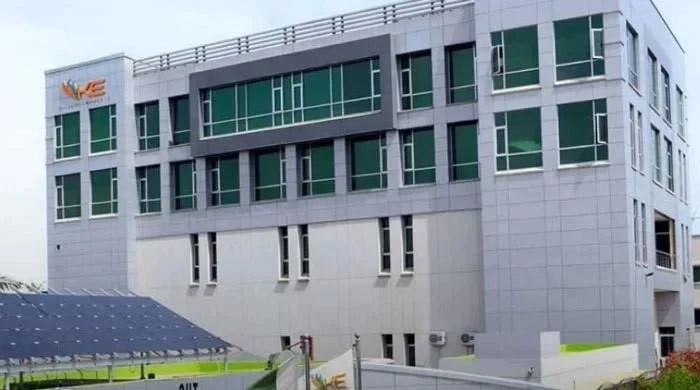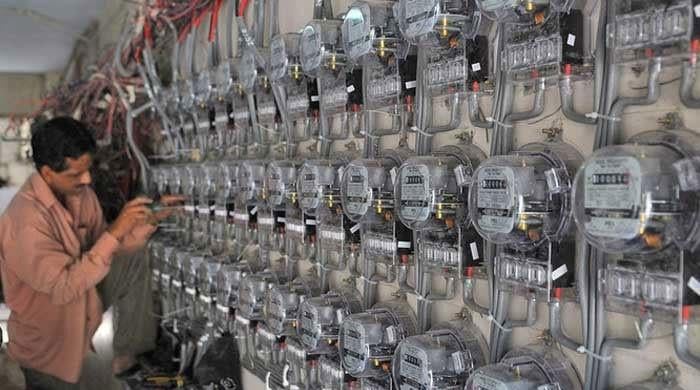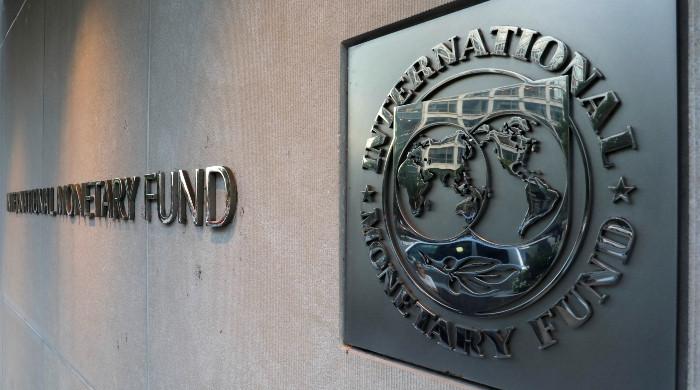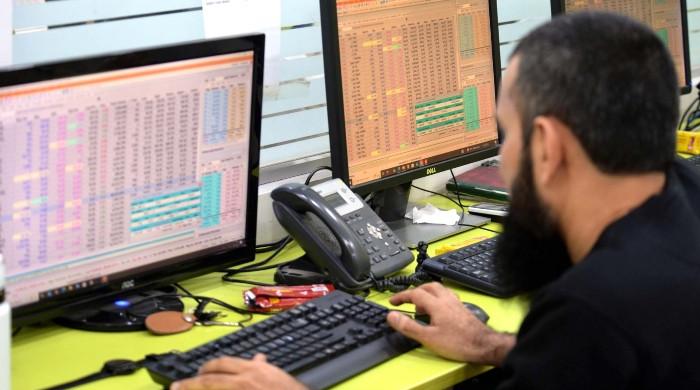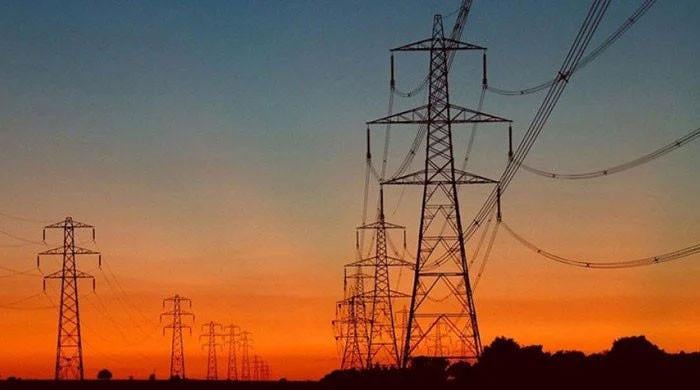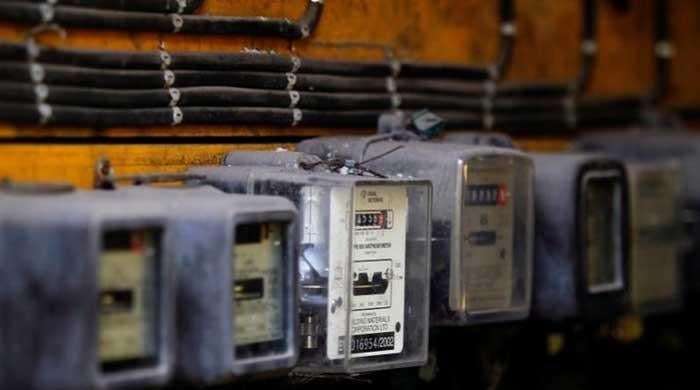Pakistan’s foreign exchange reserves hit five-year high
SBP says rise in country’s forex reserves was largely due to Pakistan's return to the international debt market
April 16, 2021
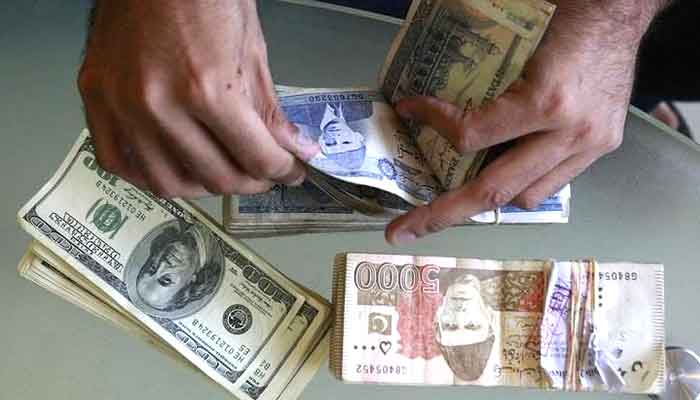
- SBP says increase in reserves attributed to receipt of proceeds of $2.5 billion against issuance of Pakistan euro bonds.
- Pakistan's forex reserves hit $23.2 billion - its highest level since June 30, 2016.
- Analyst Samiullah Tariq says money from international financial institutions started to flow after IMF staff agreement.
KARACHI: Pakistan’s foreign exchange reserves hit a five-year high of $23.2 billion last week with the State Bank of Pakistan crediting the rise to the country’s return to the international debt market, reported The News.
“The increase in reserves is attributed to receipt of proceeds of $2.5 billion against issuance of Pakistan euro bonds,” the SBP said in a statement on Thursday.
The country’s forex reserves hit $23.2 billion - the highest level since June 30, 2016.
The reserves surged by Rs2.5 billion or 12.2% on a weekly basis. The reserves held by the country stood at $20.6 billion in the previous week.
Read more: State Bank of Pakistan's forex reserves increase to 2.5-year high
The central bank’s reserves rose to $16.1 billion, marking the highest level since FY2017.
SBP's reserves increased by $2.5 billion week-on-week and a week ago the reserves were at $13.5 billion.
The reserves held by commercial banks stood at $7.1 billion.
Saad Hashemy, executive director at BMA Capital, said this is an extremely positive development and credit goes to the government for swiftly concluding the issuance of the Eurobonds.
Read more: Pakistan's forex reserves slump 12% in just weeks amid coronavirus outbreak
“Given strong remittances, there is no downside risk to reserves at least in the short to medium term,” said Hashemy.
Samiullah Tariq, head of Research at Pak-Kuwait Investment Company, said money from international financial institutions started to flow after the International Monetary Fund’s (IMF) staff agreement.
“This includes flows from Euro bonds, other assistance from multilateral institutions. So, I don’t think reserves have any downside at present,” said Tariq. “Flows are also continuously coming from Roshan digital accounts.”
The reserves remained stable since the second quarter of the current fiscal year due to a host of factors: continued official and private inflows, appreciation in the exchange rate and a manageable current account.




